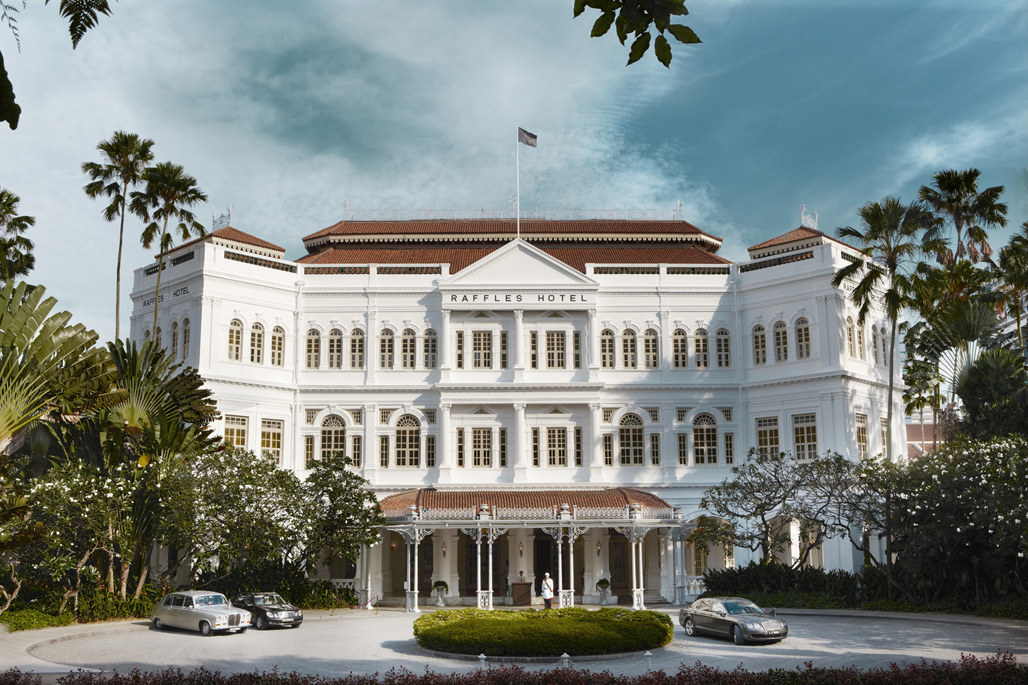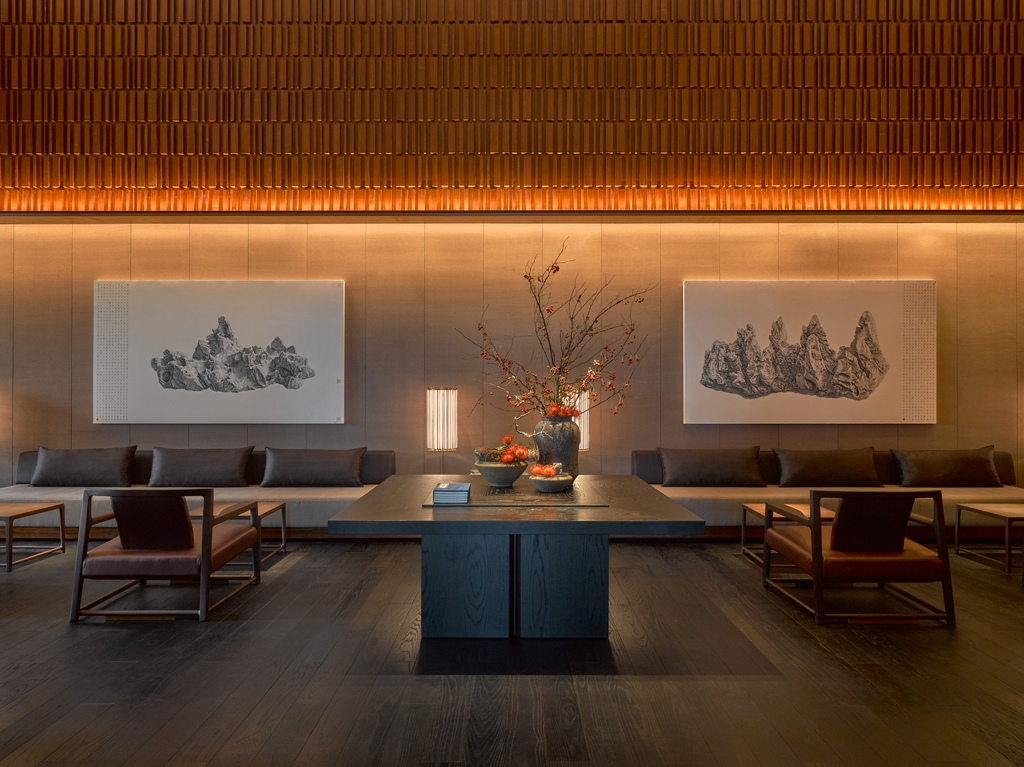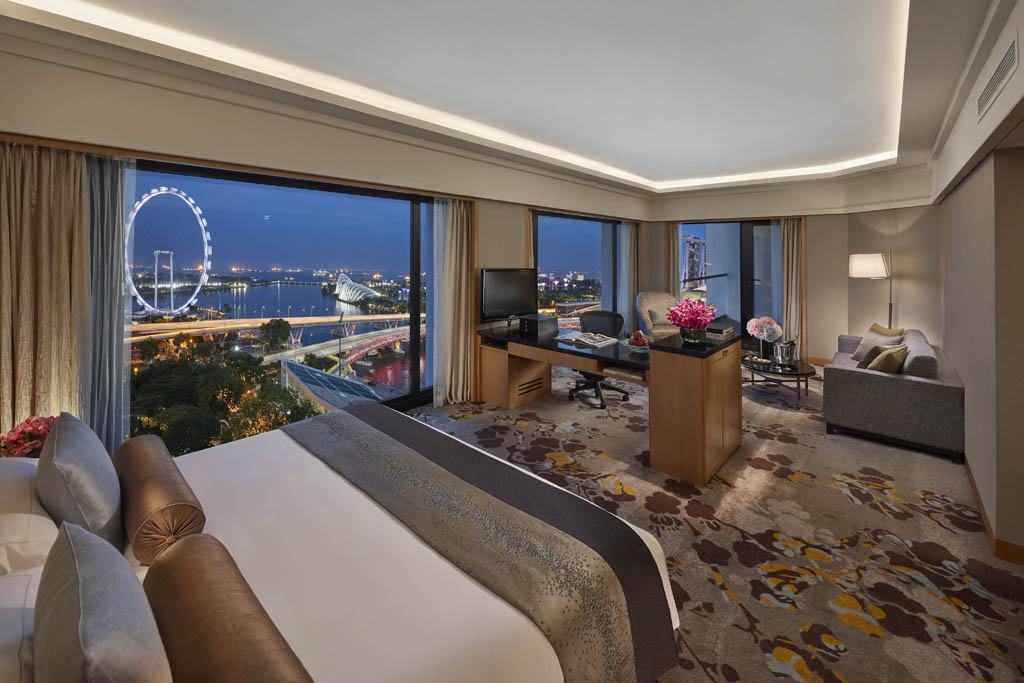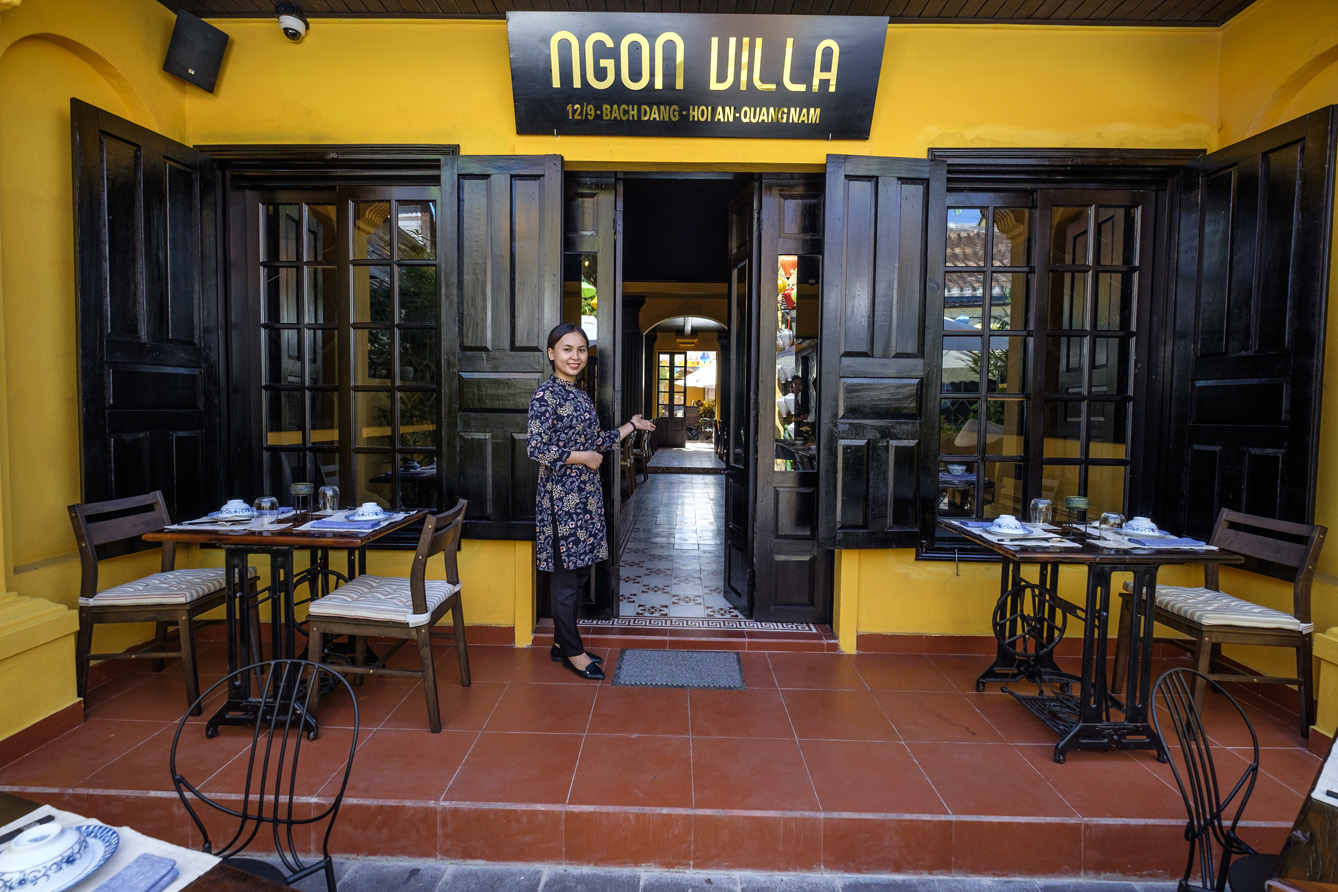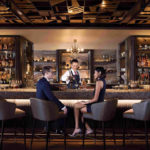Raffles Singapore is reopening years long of renovation from the 1st of August 2019, and with all excitement, we tell you the reasons why Raffles Singapore is iconic.
After careful and sensitive restoration since 2017, Raffles Singapore is reopening on 1st August 2019. From 1887 till date Raffles Singapore stands tall with a standard for luxury hospitality, introducing the world to private butlers, the Singapore Sling and its enduring, legendary services.
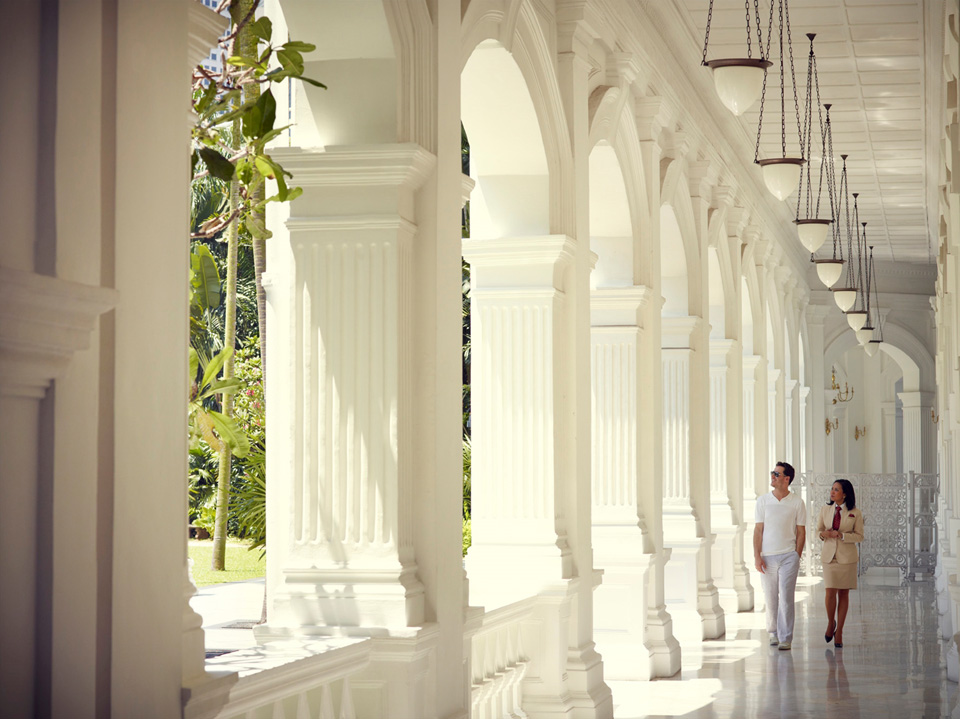
Within its walls are more than a hundred expansive suites, framed by polished teak verandas and white marble colonnades, clustered around lush tropical gardens. Each is serviced by the legendary Raffles butlers and offers every modern convenience necessary. The three-phase restoration of Raffles Hotel Singapore is designed to ensure that we retain the ambience, the service, the charm and the heritage of the hotel. It is also designed for Raffles Hotel Singapore to stay relevant and distinctive by moving with the times and with its guests, adapting to the changing needs of the well-travelled and Singapore’s community.
Till today, its architecture is perfectly preserved both inside and out, giving it an intoxicating blend of luxury, history and classic colonial design, and this isn’t the only reason why Raffles Hotels Singapore reopening has our excitement on peak. The following reasons make it iconic-
- Raffles Hotel Singapore is one of the few remaining great 19th century hotels in the world.
- In the 1990s, Raffles was brought back to its former glory, restored and sensitively expanded over the course of a two and a half year, multimillion-dollar project.
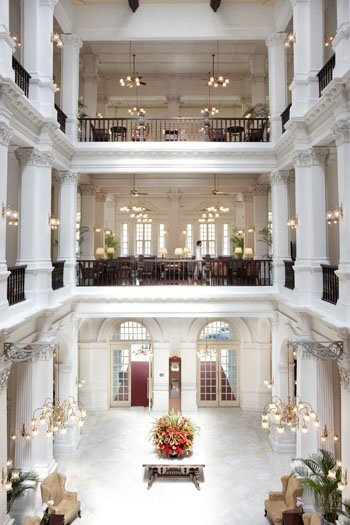
- The old grandfather clock in the airy, hotel lobby, is said to be the oldest piece of furniture in the hotel. Every evening, when the clock strikes eight, the lobby’s pianist plays the old Noel Coward tune “I’ll See You Again”.
- The distinctive architecture, the large grounds with its lush gardens, courtyards and fountains and breezy verandas are all special attributes of this Grand Dame.
- Raffles has its own Resident Historian–Leslie Danker has been with the hotel for more than46 years, and even has a book to his name, Memoirs of a Raffles Original.
- Stories such as the escape of a tiger from a nearby circus–in August 1902, a tiger was shot under the Bar & Billiard Room, then an elevated building.
- The silver beef wagon from Raffles Grill that was buried in the garden during World War II, and later recovered was still in use in the restaurant until the hotel’s second restoration.
- The Singapore Sling, invented in 1915 by bartender Ngiam Tong Boon at Raffles Hotel Singapore as a ladies’ drink, is still enjoyed today. No visit to Singapore is complete without having an iconic Singapore Sling at the Long Bar.
- The cast iron fountain in the Palm Garden was brought from Glasgow to Singapore over 100 years ago.
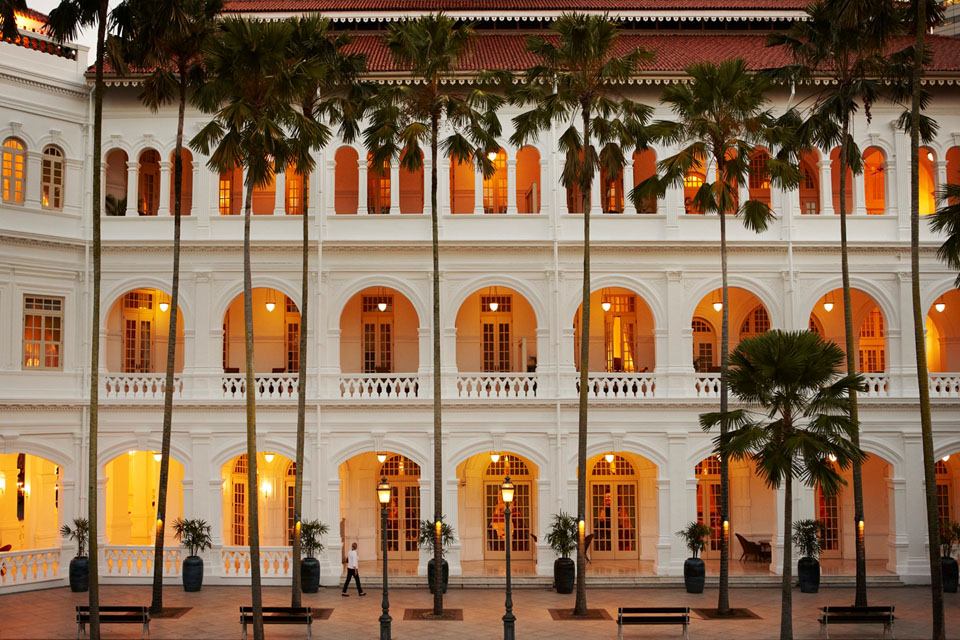
Raffles carries its history with elegance and glamour even after its restoration. The reopening of Raffles Singapore will continue to offer luxurious all-suite accommodations with an expanded suite count of 115. Complementing a suite stay at Raffles will be a variety of social spaces and lifestyle experiences. This includes a refreshed Raffles Boutique, that will house a History Gallery to illustrate the heritage of Raffles Singapore. The Arcade will also be home to new retail concepts and a brand-new Raffles Spa, a holistic sanctuary for hotel residents and the community to escape the bustle of the city. The dining experiences will combine the hotel’s much-loved culinary traditions with contemporary dining concepts by renowned celebrity chefs. These include Michelin-starred chef Alain Ducasse’s first Mediterranean sharing and grill concept, titled BBR by Alain Ducasse. Anne-Sophie Pic, one of the world’s top female chefs with three Michelin stars, makes her debut in Asia with her La Dame de Pic at Raffles Singapore concept. Long Bar continues its proud tradition as the home of the Singapore Sling. Its refreshed décor retains its inspiration from Malayan plantation life in the 1920s, transporting patrons to the edge of a tropical plantation.

